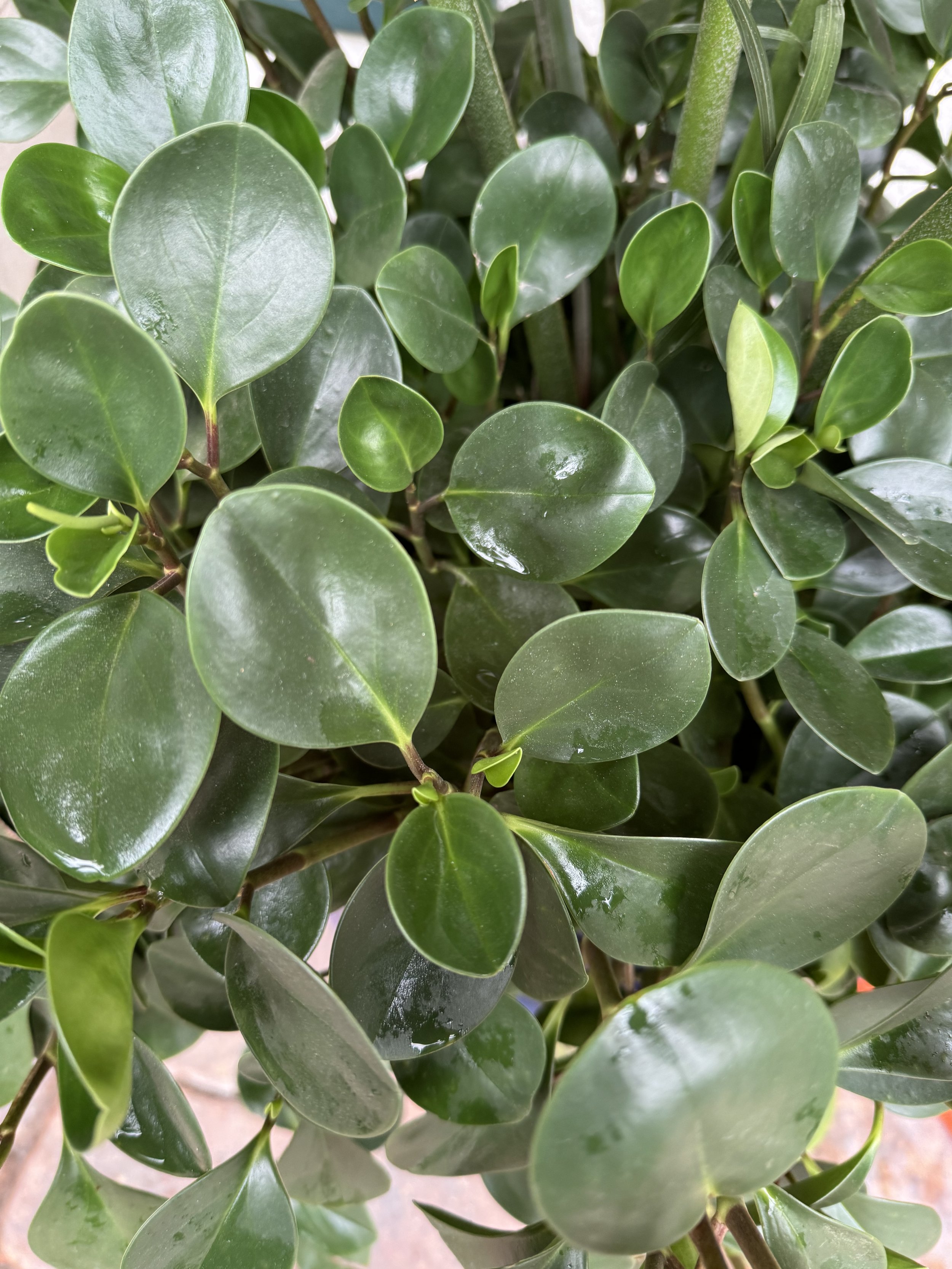Plant Care
By following these care guidelines, you can enjoy the striking beauty of Agave Desmetiana in your garden or home, adding a touch of desert elegance to your plant collection.
Light
Prefers full sun to partial shade.
Tip: Ensure it receives ample sunlight for optimal growth and to maintain the vibrant color of the leaves.
Water
Water moderately, allowing the soil to dry out between watering sessions.
Ensure the soil is well-draining to prevent root rot. Agave Desmetiana is drought-tolerant and does not require frequent watering.
Soil
Use a well-draining soil mix, such as a cactus or succulent potting mix. Prefers slightly acidic to neutral soil.
Temperature
Thrives in temperatures between 60-80°F (15-27°C).
Can tolerate higher temperatures, but protect from frost. Not frost-hardy, so it should be brought indoors or protected during cold weather.
Humidity
Level: Prefers low to moderate humidity.
Tip: Avoid high humidity environments as they can lead to fungal issues.
Feeding
Fertilize sparingly. Use a balanced, diluted fertilizer during the growing season (spring and summer).
Tip: Over-fertilizing can cause more harm than good, so it’s best to err on the side of caution.
Propagation
Offsets: Agave Desmetiana produces offsets at the base, which can be separated and replanted.
Bulbils: New rosettes form on the flower stalk. These can be collected and planted once they have matured.
Additional Care
Pruning: Remove dead or damaged leaves as needed to maintain the plant’s appearance and health.
Pests: Watch for common pests such as mealybugs and scale. Treat infestations promptly with appropriate methods, such as insecticidal soap or neem oil.
Safety: Be cautious of the sharp terminal spines when handling the plant.
Toxicity
Caution: The sap of Agave Desmetiana can cause skin irritation. Wear gloves when handling to avoid contact.









